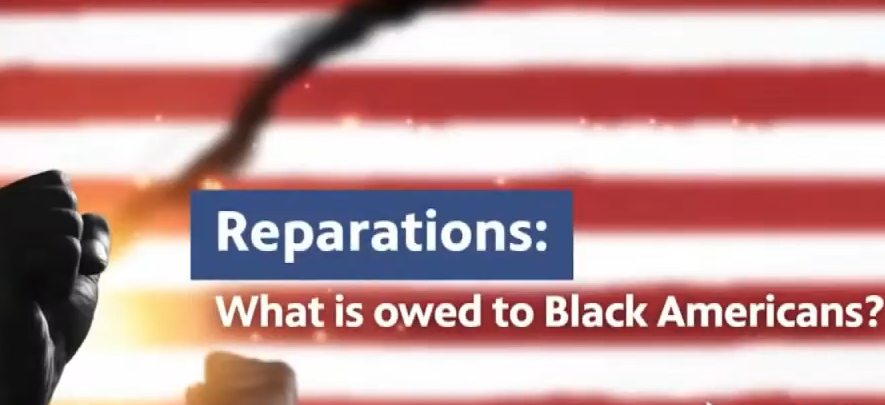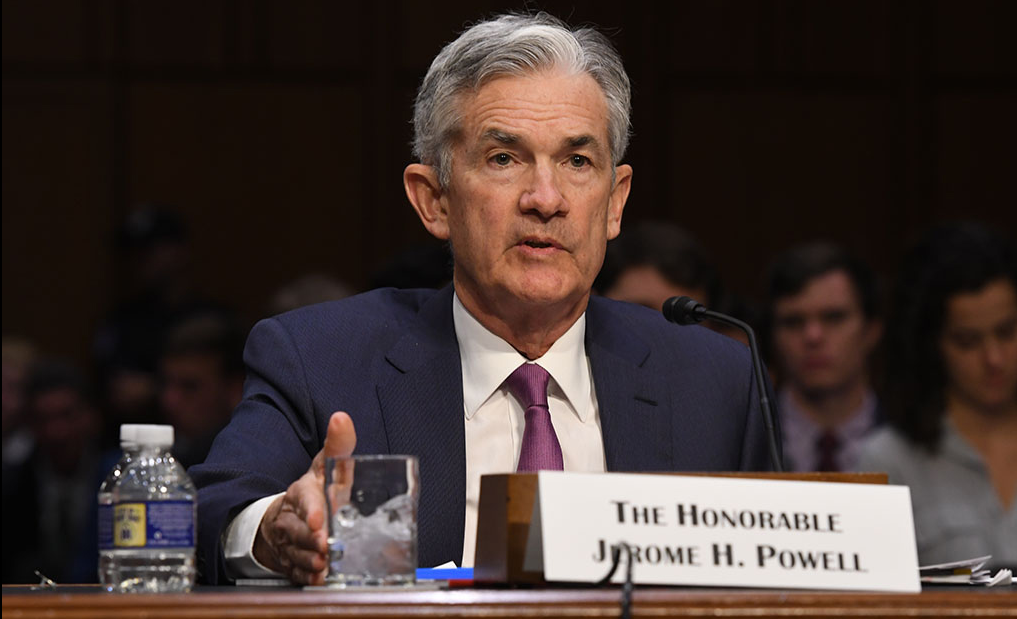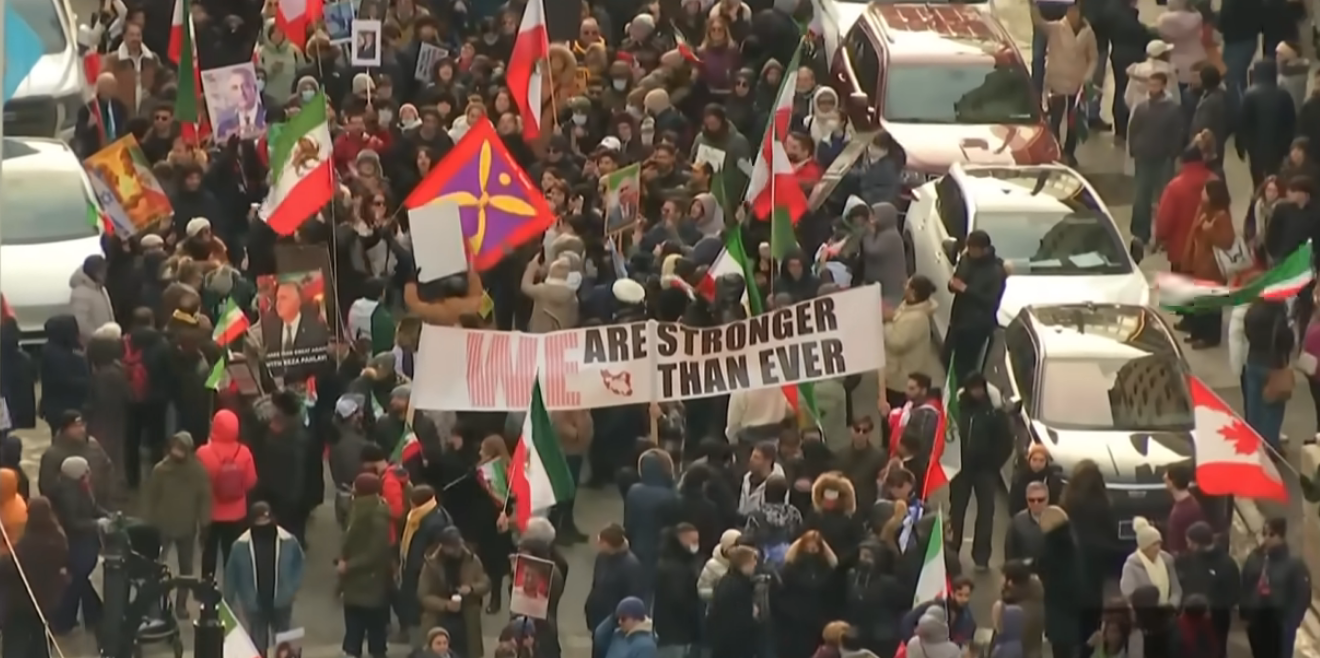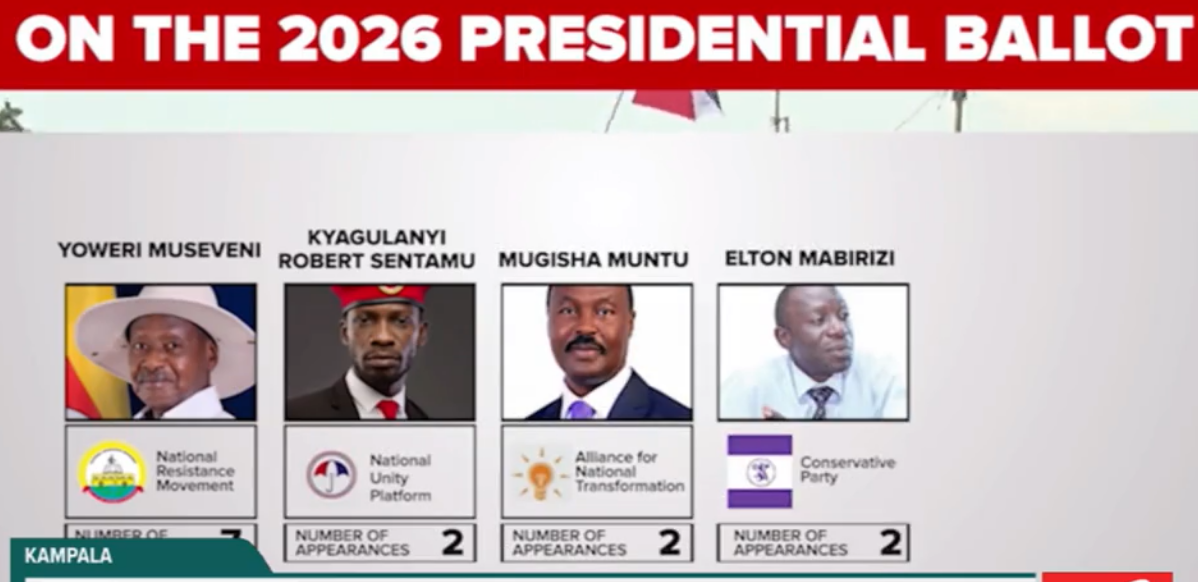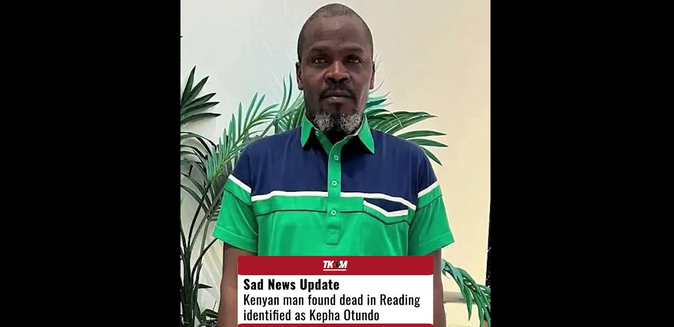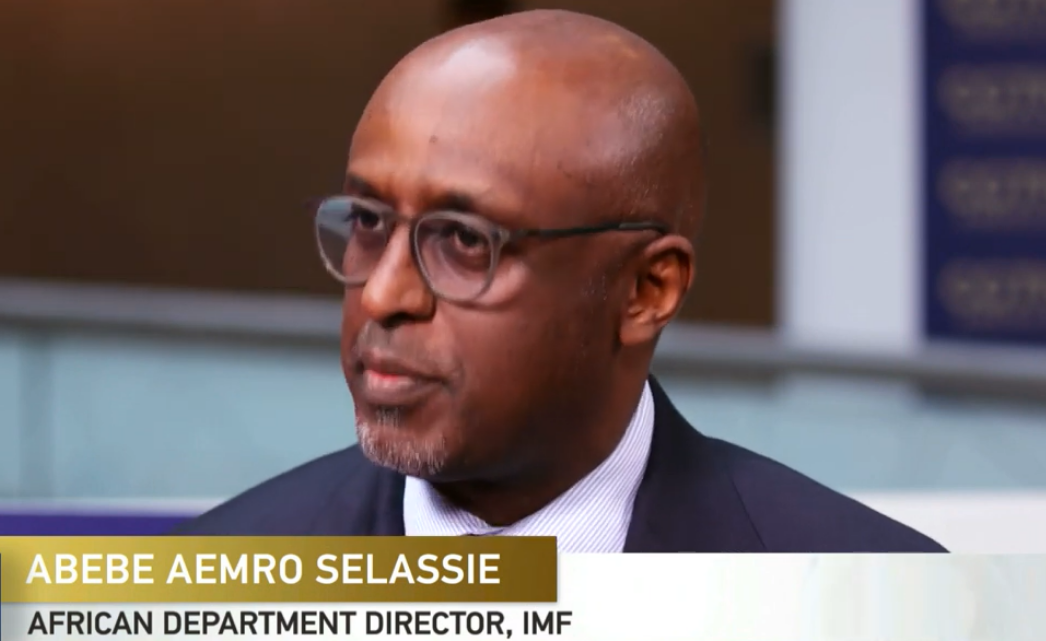By Dr. Brooks Robinson\Black Economics.org
Photos: YouTube Screenshots
“Headline Thoughts” (HLT) reflect our contemplations of, and conclusions about, recent, and important media headlines from a Black American economic perspective. This version of HLT meditates on the adages: “Things aren’t always as they seem;” and “If it appears too good to be true, then it probably is.”
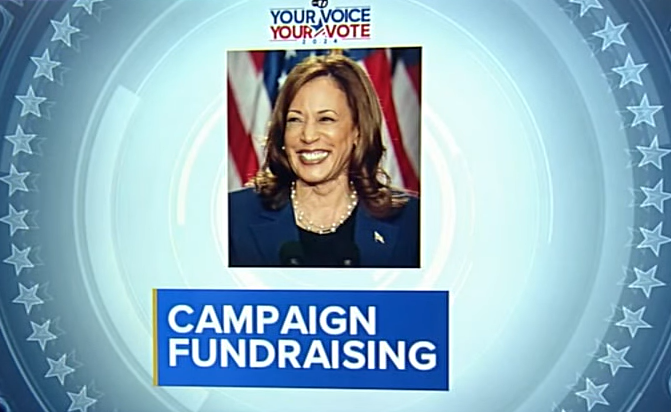
Our meditations are about front-and-center evidence concerning oligarchs and plutocrats; unexpected and seemingly favorable charitable flows to medical programs at Historically Black Colleges and Universities (HBCUs); and the fact that the efficacy of science and technology may sometimes be at least paralleled by simple common place practices.
Kamala’s Money
It seems like yesterday that Joe Biden withdrew his candidacy for the 2024 US Presidential Election, but it occurred on July 21, 2024. Kamala Harris jumped in to fill the gap, and it has been nearly three weeks since
the onset of her campaign. Political polling certainly serves as a sign of her success. But what everyone wants to know is: “How much money has she raised?” As of July 29, 2024 (eight days after entering the race), she had raised $294.2 million through her committee and $203.3 million in “outside” money was
raised.[i ]Since she announced her Vice-Presidential running mate on August 6, 2024, she has raised an additional $36 million.[ii]
For purposes of this HLT, note that all presidential candidates for the 2024 election have raised just over $1 billion, and outside groups have raised nearly $0.9 billion to date. This says nothing about fundraising by
political parties. When all is said and done, many billions will have been raised. Who is contributing? Those interested in receiving favorable treatment during politicians’ tenure in office. Yes, the oligarchs and plutocrats are included here. But keep in mind that their influence goes far beyond cash contributions: They have the power to open doors to innumerable opportunities during and after politicians have served.
We all know that there is “no free lunch”—especially in a pseudo capitalist system. Therefore, there should be no doubt that our frequent references to the power of oligarchs and plutocrats are well founded, warranted, and explain in a significant way the political and economic policies that are promulgated.
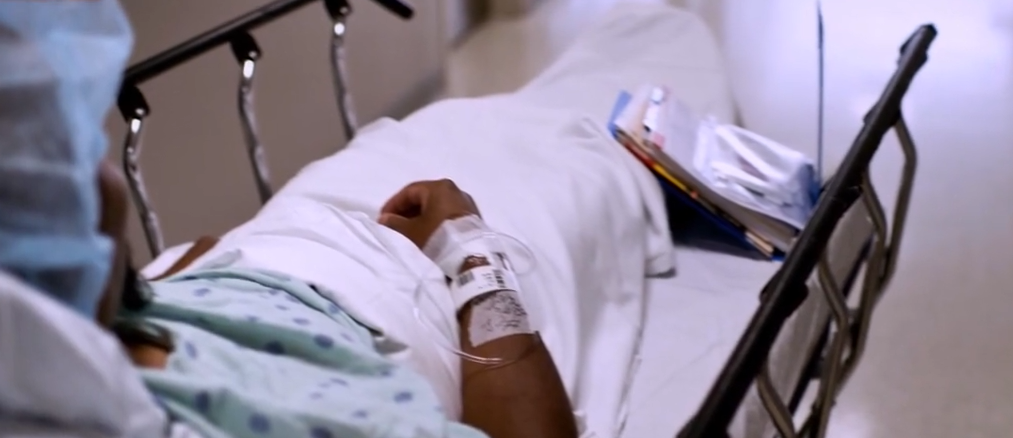
The Gift of Health
According to the New York Times, earlier this week, Bloomberg Philanthropies extended a $600 million charitable gift to be shared by medical programs at five HBCUs: Meharry Medical College, Morehouse School of Medicine, Howard University College of Medicine, the Charles R. Drew University of Medicine and Science, and Xavier University.[iii] While this may appear as an exceptionally favorable donation, should we not remember the adage: “It is better to give than to receive,” and ask questions?
(1) Are these donations intended as a “Reparations” payment, and how will it be accounted for in the nation’s payment of the total Reparations bill due to Black Americans?
(2) Can the funds’ strings be detached?
(3) While health statistics show clearly that Black Americans experience certain unique and severely adverse health outcomes, would the $600 million be better spent on the “front side of life” (quoting the Rev. Jesse Jackson) because, as Benjamin Franklin espoused, “an ounce of prevention is worth a pound of
cure?”[iv]
(4) Is the less than $200 million directed at each of these HBCUs sufficient to elevate any one of them to a topflight medical program status?
(5) Given an expressed interest in assisting Black America in achieving greater independence, self-sufficiency, self-determination, and liberty, what would be the best use of this $600 million?
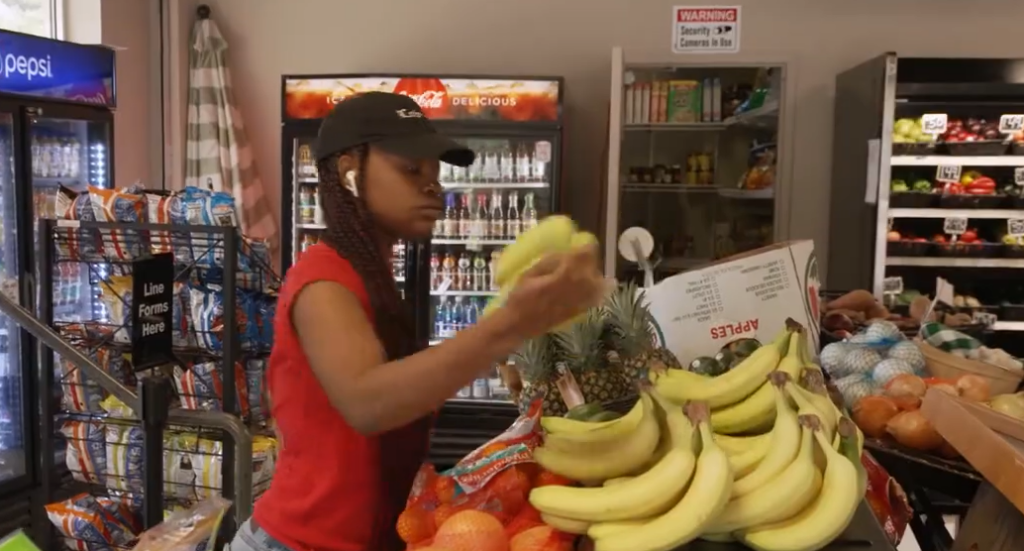
Efficacy of Common Health Practices
Do you employ old “home remedies” to address common ailments? Have you observed the explosion of social media content concerning diets and remedies that can improve health outcomes? Did you know
that many persons across the globe felt a sense of protection from the Coronavirus due to their religious beliefs?[v] Consider that certain religious practice may assist in preventing disease. For example, you may
recall that early orders following the onset of Covid-19 included “washing hands and face” frequently to help stop the spread of the virus. It was well known that the virus’ main entry points were through the nostrils and eyes.
Those familiar with Islamic culture—specifically the prayer ritual—are aware of an “ablution” requirement under which the hands, arms, face, head, and feet are cleansed before prayer. While cleansing the face,
particular attention is given to the mouth, nostrils, and eyes. In other words, this ablution process is tailormade to help prevent the spread of Covid. Interestingly, the following statistics may be instructive
concerning how religious/cultural practices may be efficacious health-wise. The statistics are based on Table 1 in Linke and Jankowski (2022, see endnote v).

These data are from 47 countries at two time points (October 23, 2020 and May 11, 2021): The first being about six months after the World Health Organization announced the Covid-19 Pandemic; the second date has no particular significance other than it was selected by Linke and Jankowski (2022) for comparison purposes.
Lines 3 and 5 of Table 1 above reveal that average Coronavirus cases per 1 million population were substantially higher for the 47 countries under study and for non-Islamic countries (32) than for Islamic countries (15) for both time points.[vi ]The same is true for Coronavirus-related deaths per 1 million population. These results reflect simple averages (means) of country-level statistics reported by Linke and Jankowski (2022). There is no attempt to assess cross-country data quality differences, or to account/control for factors that contributed to the observed outcomes. Nevertheless, the data elicit the question: Did Muslim traditional cleansing practices serve to suppress or dampen the Coronavirus’s adverse effects?
Your thoughts about these thoughts are welcomed at [email protected].
©B Robinson
References:
[i] Source: Open Secrets (www.opensecrets.org). Kamala Harris “Candidate Committee’s” take includes funds raised by Joe Biden for his candidacy. “Outside money” includes funds raised to influence election outcomes by nonpolitical candidate committees. (Ret. 080824)
[ii] Brett Samuels (2024). “Harris campaign raises $36 M in 24 hours after Walz Pick.” The Hill.
https://thehill.com/homenews/campaign/4816429-kamala-harris-campaign-fistorundraising/ (Ret. 080824).
[iii] Anemona Hartocollis and Alan Blinder (2024). “Historically Black Medical Schools Land a $600 Million
Donation.” New York Times; https://www.nytimes.com/2024/08/06/us/donation-historically-black medical-schools-bloomberg.html (Ret. 080724).
[iv] The “front side of life reference” was used often by Rev. Jackson in his discourses. The quote from Benjamin Franklin is from his letter to the Pennsylvania Gazette that was published on February 4, 1735. See “Words and Their Stories” from Voice of America (2020); https://learningenglish.voanews.com/a/an-ounce-of-prevention-is-worth-a-pound-of-cure-/5326585.html (Ret. 080824).
[v] Magdalena Linke and Konrad Jankowski (2022). “Religiosity and the Spread of Covid-19: A Multinational
Comparison.” Journal of Religious Health: Vol. 61; No. 2, pp.1641-56. https://doi.org/10.1007 s10943-022-01521-9 (Ret. 080824). The results presented in our Table 1 reflect corrections to data reported by Linke and Jankowski.
[vi] Islamic countries are those recognized by the Organization of Islamic Cooperation and whose populations reflect around 50 percent or greater adherence to the Islamic religion.
